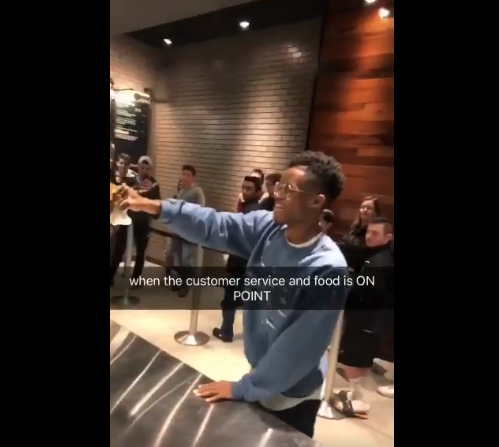

In business, there’s no magical solution for success. So when someone brings up “content marketing” as a way to increase everything from brand awareness to profit, you’re probably thinking they’re selling you something.
You’re right to be suspicious.

Healthcare Marketing is at a turning point, and my time at the 2018 Healthcare Marketing & Physician Strategies Summit helped solidify my opinion on the matter.

Advertisers must constantly keep up with the trends, from the season’s hottest colors, to the lingo that has seeped into our daily vernacular. While some trends happen due to political or social movements, others begin thanks to viral incidents courtesy of reality TV or spontaneous moments caught on SnapChat. This writer’s favorite new trend is the inclusion of a certain small, yet undeniably spunky pet known as the pug.

Few people are unfamiliar with the name Ray Kroc, the founder of the McDonald’s franchise. There are countless articles and books about the business genius behind one of the most successful franchises in the world. But unlike most, I was lucky enough to work with the man for several years. During that time, he taught me a lot about the relationship between brand and customer experience without ever putting those words together.

As a healthcare marketer, you are bombarded with digital transformation solutions every day. You use, manage or integrate with CRMs, EMRs, a CMS platform, SEO/SEM, Google Analytics and AdWords and more. It can be as confusing as it is frustrating, but when integrated properly, these tools break down your technology silos and provide greater internal efficiencies with more effective external communications. At the end of the day, without a clear strategy for how to leverage this technology for marketing, it’s just a bunch of extra work and a nightmare when comes to reporting.

This week I am not showing you a commercial, I am showing you a video done on a smartphone about a customer experience that now has over 7 million views.

St. Patrick's Day is just around the corner. Do you know which advertiser basically owns St. Patty’s Day?